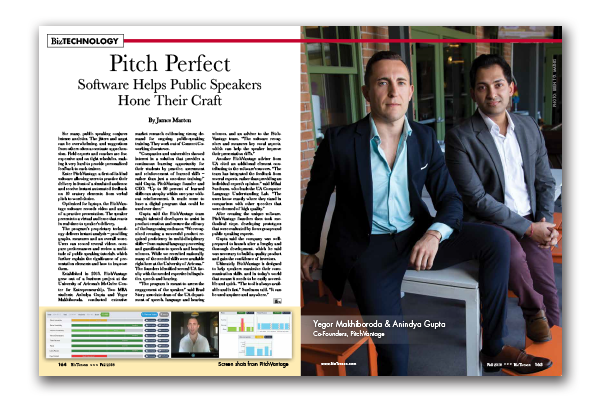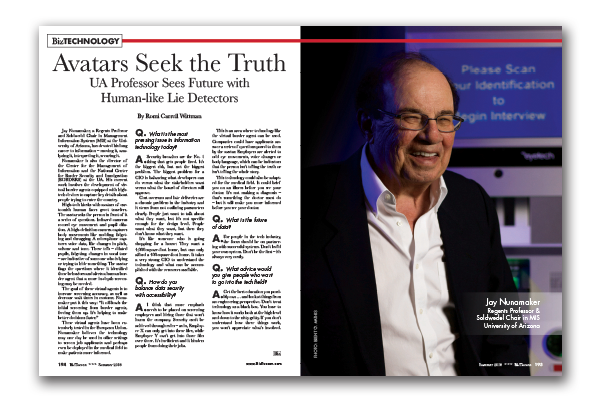
Schroeder’s Goal: Stopping the Spread of Breast Cancer
By Eric Swedlund –
Joyce Schroeder anticipates the day when breast cancer treatments will use a drug that attacks the spread of tumors without harming the surrounding cells.
With a novel treatment that accomplishes just that in preclinical tests, the Arizona Cancer Center biologist received a patent in 2010 and formed a biopharmaceutical company to guide her drug through clinical trials to the market.
“For most cancer biologists, myself included, your ultimate goal is to find a way to impact the disease,’’ Schroeder says. “You’re always thinking about the patient and what they’re going through and how you can take what you’ve learned and make a meaningful impact on their lives.”
Schroeder’s research focuses on receptors and the difference between normal cell activity and the abnormalities that lead to cancer. The drug her lab developed puts a control mechanism back in place so cells will behave normally.
Schroeder’s company, Arizona Cancer Therapeutics, which opened in May 2011, is working to secure financing for clinical trials of the drug PMIP, which stands for Protein Transduction Domain 4, MUC1 Inhibitory Peptide.
The FDA approval process will require a multi-million-dollar commitment. Schroeder is hoping to have Phase 1 clinical trials of PMIP running within two years and to see her drug working as well in humans as it’s proven itself in mice within five years.
About 200,000 new cases of breast cancer are diagnosed in the U.S. each year and about 40,000 women die from the disease annually, mostly from the cancer spreading to other parts of the body.
Schroeder’s drug is designed to halt the metastasis by targeting a specific protein, which is overexpressed in more than 90 percent of breast cancer patients. Blocking this progression restores normal protein activity in the cells, halting the spread of a tumor.
Schroeder’s research team is also investigating whether the success in targeting breast cancer could be applied to cancer in other types of duct tissue, like colon, lung and pancreas.
In the course of her studies as an undergraduate at the University of Arizona and doctoral student in microbiology and immunology at the University of North Carolina, Schroeder narrowed her scientific interest from diseases in general to a very specific subset of breast cancer patients.
“I started working in the field at a good time,” she said. “There were good models being developed in the 1990s that gave us tools to understand what causes cancer and that drew me in. Cancer cells are unbelievably effective at evading what we throw at them. The realization that this may work was incredibly exciting.”
In February, Schroeder’s company received a $7,500 grant from the Arizona Commerce Authority, seed money to help prepare grant applications, like the Small Business Technology Transfer grant at the National Institutes of Health that Arizona Cancer Therapeutics applied for in April.
Going from the lab to the business world has been a steady learning curve for Schroeder and her husband and business manager Todd Camenisch, an associate professor in the UA College of Pharmacy. While she may have been reluctant to form a company at first, Schroeder said it’s the fastest way to get her drug to market.
“When we developed this drug, the day I got the first results from our model that it’s working was one of those amazing moments when your dreams come into your reality,” she said.





